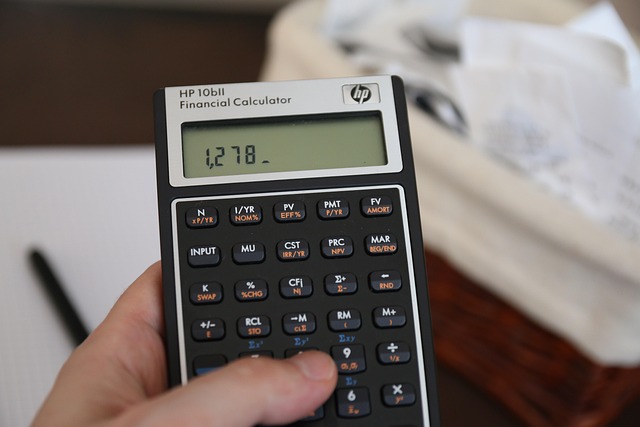In real estate, assessed property value is a critical, estimated worth determined by local authorities, distinct from market price, based on location, size, condition, and comparable sales. It's used for mortgage eligibility, budget planning, tax assessments, and more, fostering fairness and transparency. Calculate it by obtaining the assessed value from local tax assessor websites or public records and multiplying it by the applicable tax rate. Real Estate Appraisals based on these values offer quick estimates for initial analysis and listing prices, updated regularly to reflect market fluctuations. However, they have limitations, so comparable market analysis and professional appraisals are recommended for a comprehensive understanding.
In the dynamic realm of real estate, understanding assessed property value is paramount for accurate calculations. This article serves as a comprehensive guide, delving into the foundational concept of assessed property value and its pivotal role in real estate appraisals. We provide a step-by-step calculation process, highlighting benefits and limitations, to ensure professionals and enthusiasts alike grasp this essential aspect of the industry. Boost your knowledge with our insightful exploration of real estate valuations.
Understanding Assessed Property Value: The Foundation of Calculations

In the realm of real estate, understanding assessed property value is foundational to various calculations and determinations. Assessed property value refers to the estimated worth of a real estate property, as decided upon by local taxing authorities. It serves as the basis for calculating tax rates and other levies, influencing decisions related to property ownership and investment. This value is not necessarily the market price but rather an appraisal that considers factors like location, size, condition, and recent sales of similar properties.
Real estate professionals and individuals alike rely on this assessed value when engaging in financial transactions. Mortgage lenders use it to determine loan eligibility and interest rates. Property owners utilize this information for budget planning and appealing tax assessments. By knowing the assessed property value, stakeholders can make informed decisions regarding real estate management, development, and investment strategies, ensuring fairness and transparency within the market.
How to Calculate Using Assessed Property Value: Step-by-Step Guide

Calculating property tax using assessed property value is a straightforward process. First, obtain your property’s assessed value, which can typically be found on your local tax assessor’s website or through public records. This value is an estimation of what your real estate is worth based on market trends and comparable sales in your area.
Next, determine the tax rate applicable to your property. Real estate taxes are often calculated as a percentage of the assessed value. Multiply the assessed value by the tax rate to find the annual tax amount. It’s important to note that tax rates can vary significantly between locations, so make sure you’re using the correct rate specific to your region.
Benefits and Limitations: Real Estate Appraisals with Assessed Value

Real Estate Appraisals based on assessed property value offer several advantages. Firstly, they provide a quick and readily available estimate of a property’s worth, which is beneficial for initial market analysis and setting fair listing prices. Additionally, assessed values are regularly updated, keeping up with real estate market fluctuations, ensuring current information for both buyers and sellers. This can streamline the buying and selling process, saving time and effort in gathering multiple appraisals.
However, these appraisals have limitations. The primary factor is that assessed value may not accurately reflect a property’s unique features or market trends specific to the area. Local real estate conditions, recent sales, and property improvements can significantly impact value, which might be overlooked in automated assessed value calculations. Thus, while convenient, assessed property value appraisals should be one of several tools considered, alongside comparable market analysis and professional appraisals for a comprehensive understanding of a real estate asset’s worth.






